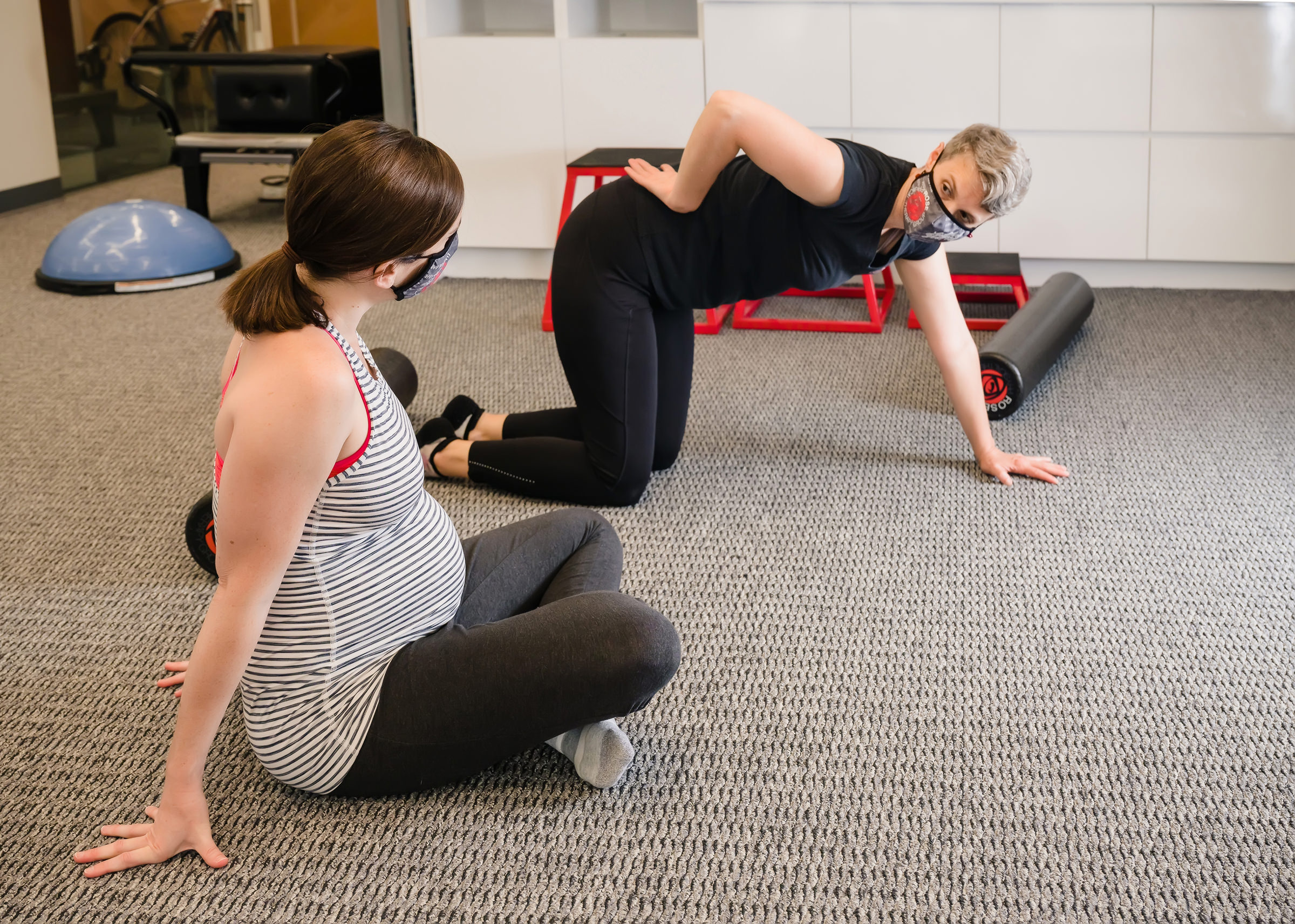
September 8, 2024
What Takes Place After A Lady Delivers? Keep Reading
Postpartum Urinary System Incontinence: How To Manage Loss Of Bladder Control After Birth In a study of ladies complying with childbirth, 60% saw improvement of urinary regularity at 1 year adhering to childbirth. Tired of waiting, she took a punt on an advertisement uploaded by a PhD trainee exploring the effect of severe birth injury. She was assessed by a clinical team at St Mark's hospital, a specialist bowel healthcare facility in Harrow, London, earlier this year, and underwent surgery there last month. UT Southwestern has one of the largest Women Pelvic Medication and Reconstructive Surgery departments in the nation. We assist individuals whatsoever stages of life with strategies and treatments to avoid or deal with urinary system incontinence.Don't Stress, It's Common
- Therefore, some pee could leakage when you sneeze, laugh or coughing.
- Your health ought to be just one of your primary concerns after childbirth.
- Discomfort may be related to recovery of vaginal tissue/muscles complying with a tear during shipment.
- Several limitations in this present research study should be concerned.
Global People
After distribution, a mix of blood, mucous and tissue from the womb comes out of the vaginal area. The discharge adjustments shade and reduces over 4 to 6 weeks after a child is born. The discharge then reduces and becomes watery until it stops. To ensure you're doing Kegels right, it may assist to see a physiotherapist that focuses on pelvic flooring workouts. Discomfort may be associated with recovery of genital tissue/muscles following a tear during distribution. Pelvic floor workouts aid to enhance the muscle mass of the pelvic flooring which come under excellent pressure in maternity and childbirth. If your urinary incontinence does not get better, speak to your physician. Delivering is very tough on the body and can alter a woman's urinary control capacities. During pregnancy, the weight of the increasing uterus can weaken the stamina of a lady's pelvic flooring muscle mass and create urine to leak. If you are wondering what takes place quickly after giving birth, a lady may experience hefty bleeding following the youngster is born. It is normal to experience heavy vaginal discharge for the initial couple of weeks after the maternity. It is constantly far better to consult a doctor in situation of excess blood loss that surpasses for weeks. The female pelvic system is a complex network of muscular tissues and nerves, so it's not shocking that delivering can have long-term results on a female's body.Exactly how can I strengthen my bladder after delivering?
What triggers postpartum incontinence? Often urinary incontinence is a temporary problem that will go away as soon as the reason finishes. This is commonly the case when you have a condition like an urinary system tract infection(UTI). Once dealt with, regular urination and leak issues caused by
Social Links